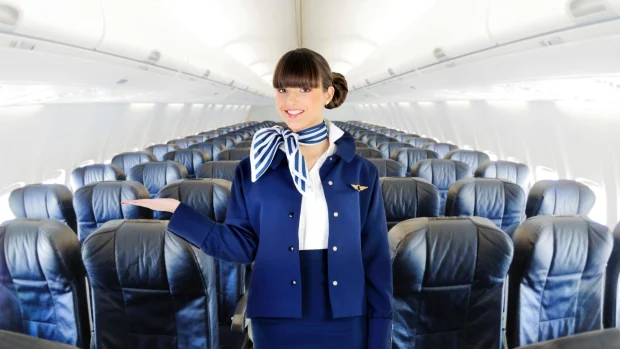The Cabin Crew Lifestyle
Working as a cabin crew comes with its own set of responsibilities and demands. Irregular working hours, constant travel across different time zones, and the need to adapt to diverse cultures can take a toll on one’s health. To thrive in this demanding profession, cabin crew members must prioritize their well-being.
Physical Fitness
Maintaining physical fitness is essential for cabin crew members because their jobs require them to perform a variety of physical activities. Regular exercise not only helps in building stamina but also aids in coping with the demands of a physically demanding job. Including cardiovascular exercises, strength training, and flexibility workouts into their routine can help them enhance overall fitness levels.
Many cabin crew members opt for fitness programs tailored to their profession, combining both aerobic exercises and strength training to simulate the physical demands they might face during flights. Joining a gym or enrolling in fitness classes can provide structured routines and professional guidance.
Nutrition and Hydration
The foundation of good health is consuming balanced nutrition, especially for those constantly on the move. Cabin crew members should focus on a well-balanced diet that includes a mix of proteins, carbohydrates, and healthy fats. Carrying foods rich in nutrition and staying hydrated throughout flights are essential to fight fatigue and jet lag on the go.
To understand the importance of nutrition, some cabin crew institutes incorporate dietary education into their curriculum. This ensures that aspiring cabin crew members are equipped with the knowledge to make healthy food choices while on duty.
Mental Well-being
Cabin crew members need to put their mental health first in addition to their physical fitness. The nature of their work necessitates a strong and resilient mindset due to the diverse passengers they deal with and the possibility of emergencies. Maintaining mental well-being can be greatly aided by practices such as mindfulness, meditation, and stress reduction.
Cabin crew training institutes recognize the significance of mental health in this profession and often include modules on stress management and emotional well-being in their air hostess training courses. These programs empower cabin crew members to cope with the challenges they may encounter at different stages of their careers.
Education and Training
To excel in the field of aviation hospitality and travel management, individuals must seek education from reputable air hostess training institutes. These institutions provide detailed training that goes beyond the technical aspects of the job, emphasizing the importance of holistic well-being.
Cabin crew members trained by reputable institutes are not only well-prepared for their roles in terms of technical skills but are also equipped with the knowledge and tools to prioritize their health and fitness.
Maintaining mile-high wellness is essential for cabin crew members to thrive in their challenging profession. Physical fitness, balanced nutrition, mental well-being, and quality education from reputed cabin crew training institutes collectively contribute to a successful and fulfilling career in aviation hospitality and travel management. By prioritizing health and fitness, cabin crew members can ensure they are at their best, providing exceptional service to passengers while embracing the adventurous lifestyle that comes with the skies.
